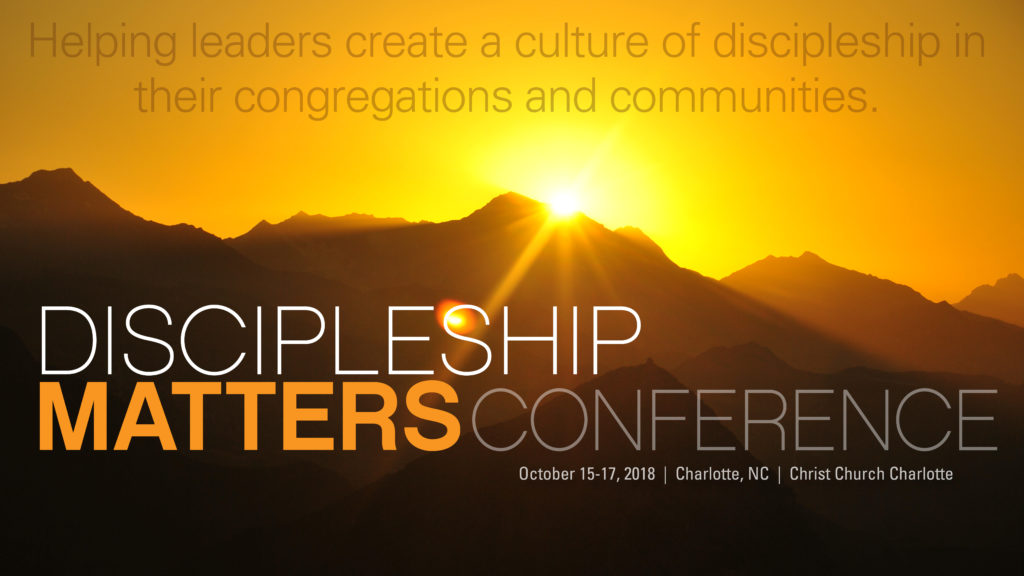|
The collect for Labor Day: Almighty God, you have so linked our lives one with another that all we do affects, for good or ill, all other lives: So guide us in the work we do, that we may do it not for self alone, but for the common good; and, as we seek a proper return for our own labor, make us mindful of the rightful aspirations of other workers, and arouse our concern for those who are out of work; through Jesus Christ our Lord, who lives and reigns with you and the Holy Spirit, one God, for ever and ever. Amen. A selection from the Sermon on the Mount (Matthew 6), chosen for the observance of Labor Day: Jesus said, “Do not store up for yourselves treasures on earth, where moth and rust consume and where thieves break in and steal; but store up for yourselves treasures in heaven, where neither moth nor rust consumes and where thieves do not break in and steal. For where your treasure is, there your heart will be also. Other readings suggested to help observe Labor Day: Ecclesiasticus 38:27-32a |
Here’s hoping you’re enjoying this Labor Day holiday, last gasp of summer.
It’s one of the few national holidays that has woven its way into the church calendar, along with Independence Day and Thanksgiving. There are prayers and scriptures chosen for Labor Day (cited above). Among those readings, we find a selection from the Sermon on the Mount, in which Jesus teaches his disciples about what it means to put faith to work in the world. That selection invites us to consider the sacred quality of our varied vocations.
The passage challenges listeners to think about what they are working for, where they are devoting their efforts, where they are giving their hearts. It includes this line that always comes to me as huge, often unsettling, occasionally annoying challenge. Jesus says: Where your treasure is, there will your heart be also.
It causes me to think about where I am giving my heart, not a bad question for Labor Day. It’s not always an easy one to answer, because in my ADHD spirituality, I’ve got a number of treasures I’m pursuing all at once, some pulling in opposite directions. The fact of the matter is, my heart is not in one place. In our service of Holy Eucharist, we pray for gladness and singleness of heart. I’m guessing the reason we pray for such is because I (we) haven’t quite gotten there yet. Kierkegaard said that purity of heart is to will one thing. Let me repeat: I haven’t gotten there yet. How about you?
A few centuries after Jesus offered his teaching, a desert father offered this equally rigorous challenge, a variation on the theme our Lord and Teacher struck in the Sermon on the Mount. Abba Poemem wrote: Do not give your heart to that which does not satisfy your heart. Again, it calls us to think about where we are giving our hearts, and to ponder and puzzle over pursuits that we know or at least suspect won’t satisfy our hearts. Think of those pursuits as spiritual junk-food. Delightfully delicious in the moment (I’m talking cool ranch Doritos) but hardly sustaining, marginally nourishing.
I can see why this passage is selected for Labor Day, as we are asked to reflect on the work we do, whether we get paid for it or not. The passage raises questions not only appropriate for the holiday. They are good questions to explore as we launch into the academic year, a new program year for many churches and schools and organizations. September has something of the feeling of new year, beckoning resolutions and intentions for the next chapter in the journey. It’s not a bad time to embrace Jesus’ question: Where are we giving our hearts? Where is our treasure? Do we give our hearts to that which will not satisfy our hearts?
Perhaps it’s a lifelong journey to arrive at purity of heart, to will one thing. Perhaps we won’t experience that until we reach the other side. But perhaps we can take a step to think about where our treasure lies, about where we are giving our heart.
With that in mind, reflect on this prayer about the work we are given to do, offered this Labor Day but good for just about any day:
This is another day, O Lord. I know not what it will bring forth, but make me ready, Lord, for whatever it may be. If I am to stand up, help me to stand bravely. If I am to sit still, help me to sit quietly. If I am to lie low, help me to do it patiently. And if I am to do nothing, let me do it gallantly. Make these words more than words, and give me the Spirit of Jesus. Amen.
-Jay Sidebotham
 Contact:
Contact:
Rev. Jay Sidebotham
jsidebotham@renewalworks.org
RenewalWorks is a ministry of Forward Movement.
www.renewalworks.org


